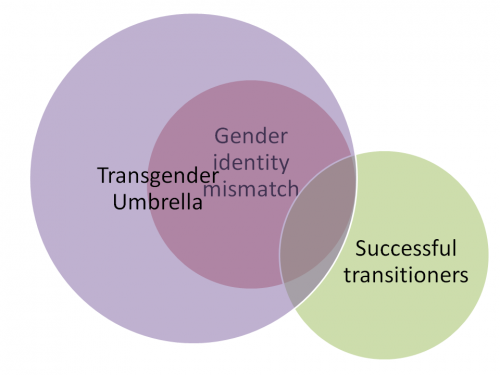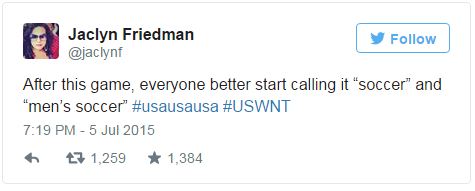
The spectacle of two bilingual Presidential candidates arguing in Spanish last week reminded me of the Twitter feed, “Miguel Bloombito,” created by Rachel Figueroa-Levin to mock our former Mayor’s Spanish for the amusement of her friends. I may be coming late to the party here, but Bloombito is still tweeting, and was recently mentioned by one of my fellow linguists.






